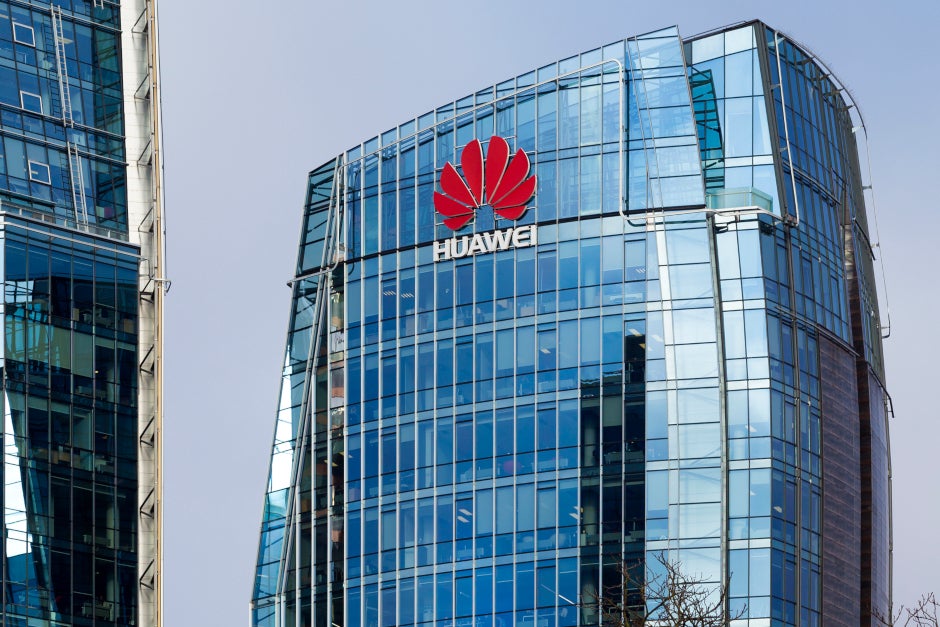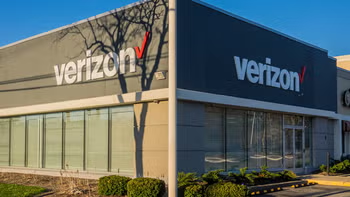The Huawei growth train came to a screeching halt in the first quarter

A combination of the COVID-19 outbreak and the Trump administration's focus on the company has grounded the once high-flying Huawei. The company reported first-quarter revenue this morning of CNY182.2 billion ($25.7 billion USD). That was a meager 1.4% gain year-over-year. Last year it reported a 39% jump in revenue during the period. The company also reported that its profit margin for the first quarter was 7.3%. While the company didn't reveal its bottom line, with the aforementioned net profit margin net income would be CNY13.4 billion ($1.9 billion USD). Huawei said that the Q1 results were "in line with expectations."
Huawei could be in big trouble if the Trump administration follows through on a major rule change
Huawei also didn't reveal the number of phones it shipped during the three month period that includes January through March. Last year during that time period, Huawei delivered 59 million handsets. Despite being cut off from its U.S. supply chain in May after being placed on the Commerce Department's entity list, Huawei still managed to ship 240 million phones during the year. That allowed Huawei to surpass Apple to become the second-largest smartphone manufacturer in the world after Samsung. Huawei took advantage of a wave of patriotism in China as consumers there considered the company a victim of U.S. bullying.

Huawei's first quarter revenue rose only 1.4% year-over-year
After the manufacturer lost its ability to license the Google Mobile Services version of Android, it developed its own ecosystem which launched with the Huawei P40 series this month. The company's phones cannot run any of Google's Android apps including the Play Store, Search, Maps, Gmail, Drive, and others, but this doesn't matter in China where most Google apps are banned anyway. But it does affect international sales of Huawei phones.
And now the Trump administration is weighing a rule change that could cost Huawei the ability to have its chips made by TSMC. The foundry counts Apple as its largest customer with Huawei second. Under the Foreign Direct Product Rule, the export of any product made in a foreign company that contains 25% or more U.S.-origin content by value can be controlled by the U.S. government. The chips made by TSMC for Huawei fall under that 25% threshold meaning that the Trump administration has no control over them. However, the administration has drafted new rules that would lower the threshold to 10%. At that level, the U.S. government would be able to block the foundry from delivering chips to Huawei. The manufacturer has slowly been moving some chip designs to the largest foundry in China, SMIC. However, the latter is several process nodes behind TSMC. In fact, TSMC is expected to produce Huawei's most powerful chipset ever, the 5nm Kirin 1012, in time to place inside the Mate 40 series later this year.
The U.S. considers the manufacturer a national security threat because of its perceived ties to the communist Chinese government. There are concerns that the company places backdoors on its phones and networking equipment to help it collect information that it sends to Beijing. Huawei has denied this repeatedly.
Besides being the second-largest smartphone manufacturer in the world, Huawei is the global leader in providing networking equipment. The U.S. has tried to stop its allies from using the company's gear in their 5G networks and Australia and Japan heeded the warning. To the dismay of the Trump administration, Germany and Britain did not.
Huawei said today in its press release, "Networks are a lifeline for people from all walks of life during this public health crisis, so ensuring normal network operations is of paramount importance. Huawei is doing everything in its capabilities to help carriers ensure stable and secure network operations. Together, we are working to meet the network demand created by social distancing as people switch to telecommuting, distance education, and e-commerce for daily necessities."
Follow us on Google News














Things that are NOT allowed:
To help keep our community safe and free from spam, we apply temporary limits to newly created accounts: